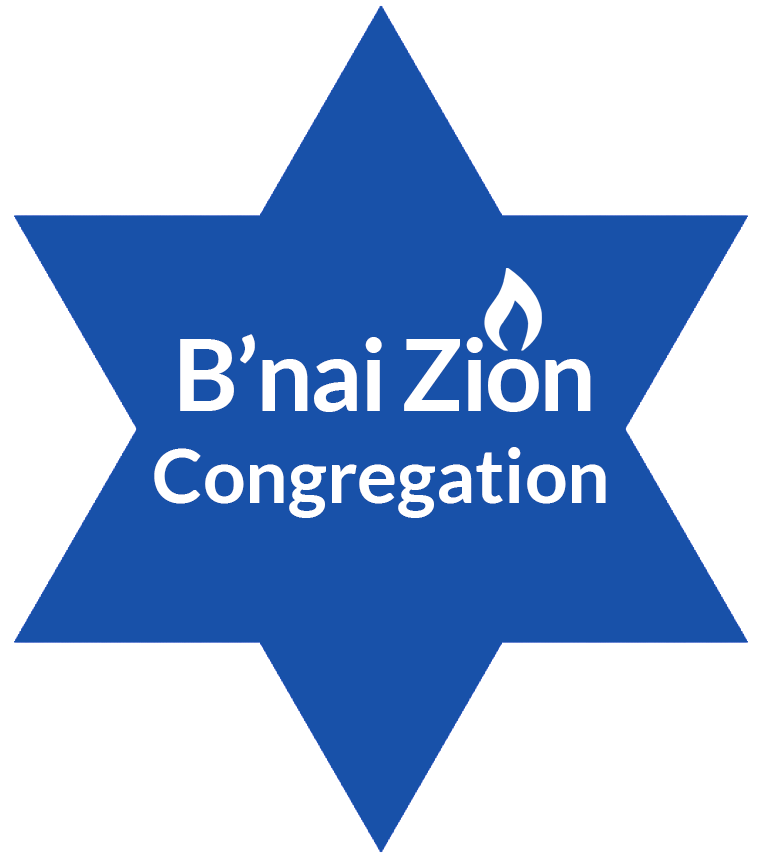Leviticus 10:16
וְאֵ֣ת ׀ שְׂעִ֣יר הַֽחַטָּ֗את דָּרֹ֥שׁ דָּרַ֛שׁ מֹשֶׁ֖ה וְהִנֵּ֣ה שֹׂרָ֑ף
Then Moses inquired about the goat of sin offering, and it had already been burned!
One might have expected that the middle word of the Torah would be about the commandments, or a famous line like the Shema. But here we have the two middle words of the Torah, and it is none of those. In Hebrew, the two middle worlds of the Torah are “Darosh Darash,” a word repeated twice meaning “to intensively inquire.”
Questioning is quite literally central to Jewish tradition. In Talmud study, most sections end not with answers, but questions about the question that was just asked. On passover, the first thing we teach children is not the details about the Exodus story, but how to ask four questions. When Pauline Phillips, better known as Dear Abby was asked why Jews always answer a question with a question, she famously responded: “Well, how should the answer?!” While concrete answers to questions are important, the Jewish value of asking a question is not in the answer but in the act of questioning itself.
To live a life of Torah means to keep the act of seeking at the center. If we stop wondering about this tradition, if we stop asking questions, then we lose out on the very core of what it means to be Jewish. We are the people of the book, but not because we have all the answers about it. It’s because we never stop questioning its contents.
